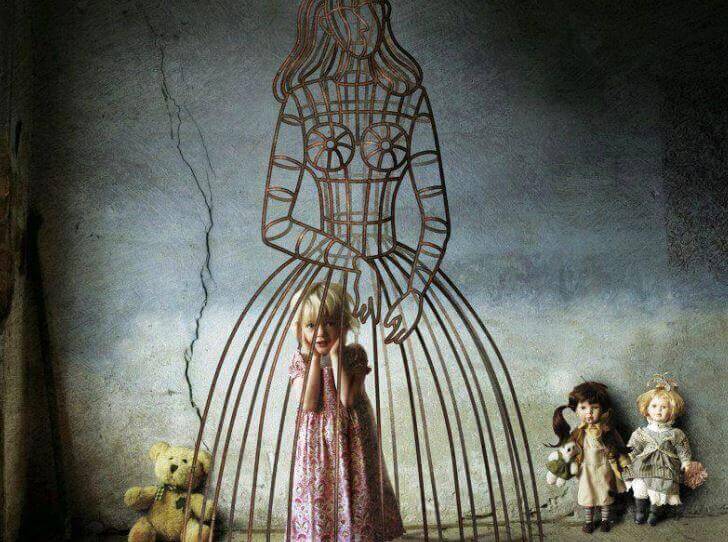The families they sacrifice are those who educate their members in the duty of sacrifice, those who cultivate in their components the need to defer their own desires and needs for the benefit of the well-being of the family, together or individually.
Their relational principles follow a maxim that is summed up like this: “Does sacrificing mean being accepted?”Or, likewise, prioritize the needs of others so as not to be considered a black sheep. The stated affection and the benefits bestowed in the form of consideration depend on it, making life “a continuous chain of obligations”.
- We observe mainly in their roles how parents are the main sacrifices or martyrs.
- Guided by the maxim that “the main pleasure is the pleasure of children”.
- That is.
- The needs they manifest are the common thread of education.
As the family grows and ages, is it? Obligation is inherited by the descendants, who are then in charge of caring for it and waiting for endless deprivations and resignations supported in favor of the common good.
When parents are sacrificed, children may feel free to develop a different perspective on life. Therefore, they rebel in their thoughts, words and actions, trying to give the relationship a healthier perspective.
So, as Giorgio Nardone says, with these concerns always present, children insist that parents have more fun, go out, travel, but they respond that if children want to be dressed in fashion, continue their studies, have their own car, etc. , will they have to continue sacrificing themselves and stop doing many things?
We see that the key point of this world and family vision is first and foremosth to maintain continued condescension towards the needs and desires of others, which is considered essential to ensure the stability and acceptance of the other.
Other sacrificial family models can be formed from “foolish altruists” and “foolish and selfish people,” in which some appreciate the sacrifices of others. In this sense, both members play a role, being able to play the sacrificial role to dominate the relationship.
There are other possible combinations that can also be very disturbing, such as those that initiate sacrifice contests to achieve external goals (buy a house, for example), thus providing the perfect alibi to avoid the present pleasure. .
As we will see below, regardless of the origin of the couple who make up the family, the deciphered relational pattern is really negative, as it interferes with self-love and building a healthy self-esteem among its members.
In the most polarized cases, we notice that the words “sacrifice” and “rights” create a decisive mark on the philosophy of life.
“Relationships are often asymmetrical, and the one who sacrifices himself, though seemingly humble and moderate, is in an iron position, for with his resignations he obtains a position of superiority, making others always feel guilty or indebted. game based on a system of debits and credits on the side of moral blackmail ?.
This is a type of personality pattern that overwhelms the person generating immense wear and tear, in some cases the person raised in this environment finds it difficult to see satisfied his need for reciprocity, since he learns to ignore his desires for the good of the person. Other.
We heard verbalizations like, “You wouldn’t understand my sacrifice, if it weren’t for me,” assuming the role of primary victim. These people’s lives eventually become hell, limited to the obligation to bury their own interests and lives.
In children who adopt this sacrificial family model, this emotional legacy brings shame as a flag, the inability to appreciate the present, keep the dreams of others and their own, as well as the despair and difficulty in managing one’s abilities. -knowledge that allows them to get out of the hole.
Others are desperate to escape the stifling family environment where obligations, blackmail and concerns drown out their own needs; some are constantly looking for change, others are learning to live together, etc.
However, identifying these models of sacrifice of family relationships is critical to taking a step towards personal growth and redefining their priorities, something we must certainly rethink on a day-to-day.

